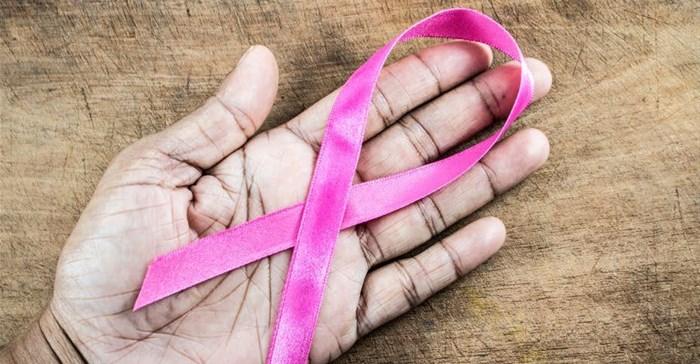
Top stories



ESG & Sustainability#BudgetSpeech2026: SRD grant unchanged, other Sassa social grants see hike
3 hours



More news







ESG & Sustainability
South Africa’s carbon tax should stay: climate scientists explain why













This is because it tends to be diagnosed too late for successful treatment when it may have spread to other parts of the body. In low-income communities, detection is low.
This is partly because women delay seeking treatment due to financial and personal priorities. Some are also unfamiliar with the signs and symptoms. Others seek treatment from sangomas (traditional healers) first, and only seek care from hospitals when the pain becomes too great.
Late detection and diagnosis also means that treatment is more severe. Women end up having mastectomies with chemotherapy and lengthy radiation, instead of less invasive treatment such as the removal of a lump.
We interviewed 50 black women living in Soweto who had undergone treatment for breast cancer. We conducted the study because clinicians at the Chris Hani Baragwanath Hospital wanted to have a better understanding of the lives of their patients.
We found that women described breast cancer as an aggressive, frightening force, worse than other medical conditions such as HIV and hypertension. They also described the treatment as toxic and stressful. Most women described chemotherapy as much worse than cancer itself.
These findings are important because the fear women have around cancer can be changed with improved education, earlier diagnosis, and less invasive treatment. Understanding how they feel about cancer and cancer treatment can improve the way they are cared for, and help them cope better after diagnosis.
We invited women from the South Africa Breast Cancer Study (SABC) to spend two to three hours telling us about their experiences. The study enrols patients seeking care at Chris Hani Baragwanath Hospital.
At other medical centres in South Africa, 70% of black patients who are diagnosed with breast cancer are already in a late stage of the disease. But at Chris Hani Baragwanath Hospital, the figure was only 50%. This is because the hospital runs education and screening programmes in the surrounding community. It also has better medical resources compared to other South African public medical facilities.
According to the hospital, 70% of the breast cancer patients undergo surgery combined with eight chemotherapy treatments, one every three weeks. For those who receive radiation therapy, the treatment is administered daily for six weeks.
Many of the women we interviewed referred to breast cancer as a “demon”. One woman explained that the word for cancer in isiZulu is umdlavuza, or “something that bites aggressively”. Others feared that the cancer would return, even after successful treatments.
Most women described breast cancer as worse than other diseases. One woman said:
I think if I had just high blood pressure my life would be better than now with cancer.
We found that chemotherapy was a source of fear and stress. Some women called it “the red devil” or “a poison that attacks the cancer”. Others believed that the “poison” attacked not just the cancer but the whole body. Some women stated that they would rather have a mastectomy than undergo chemotherapy.
Some feared that chemotherapy was what would actually kill them. A woman said, “Cancer is much better than chemo. Chemo is a modern cancer in your body. You’re sick with modern cancer which makes you miserable.”
Having a breast surgically removed changed how the women perceived themselves. A woman in her early thirties said: “They took out my breast and it made me feel kind of like I’m uncomfortable with myself, my body.”
The disfiguration left by the removal of the breast deeply affected their sense of self worth.
At Chris Hani Baragwanath Hospital, 80% of breast cancer patients receive complete mastectomies. The remaining patients often have cancers that are too advanced for treatment.
In wealthier neighbourhoods and private clinics, most people receive partial or targeted lumpectomies. This means that less of the breast is removed. This is due to earlier detection. It is also due to the flexibility of treatment in private clinics.
Effective and less invasive treatments would improve how people experience treatment, and how they feel about it. It may also shift social messaging and emotional experiences around cancer diagnosis.
Breast cancer treatment must be refocused to care for people as individuals with multiple conditions and social challenges. But this cannot be done without better detection for those whose medical care is limited, or diminishing women’s fear of cancer and chemotherapy. Women should be encouraged to find and seek care for lumps. Efforts like Pink Drive and other community based cancer programmes are key for elevating awareness and reducing fear around breast cancer.
This article is republished from The Conversation under a Creative Commons license. Read the original article.![]()

The Conversation Africa is an independent source of news and views from the academic and research community. Its aim is to promote better understanding of current affairs and complex issues, and allow for a better quality of public discourse and conversation.
Go to: https://theconversation.com/africa